Jacob Markowski
Jake, please tell us a bit about yourself.
I recently graduated with a B.A. in Physics and Mathematics from St. Olaf College, a relatively small liberal arts college in Minnesota. My previous research experiences consisted of a quantum chromodynamics project at my home university and some nanofabrication work through the University of Rochester’s REU program. Shortly after the end of the IRTE, I began my Ph.D. program at the university of Rochester. I am excited to begin studying semiconductor spin qubits under Professor John Nichol.
Thanks. can you tell us a bit about your IRTE research experience?
I had the privilege of being part of the inaugural cohort of the Global Quantum Leap's International Research and Training Experience (IRTE) program, which sent me to RWTH Aachen University in Germany. As one of the first participants, we encountered a few logistical challenges, but the GQL program were incredibly supportive in navigating these hurdles.
GQL and their partners at RWTH did a great job in placing us in labs and projects that aligned with our interests and contributed significantly to our development as quantum scientists. Additionally, we received support through networking and career events organized by Matter and Light for Quantum Computing (ML4Q), a cluster of excellence in North Rhine-Westphalia. A highlight of my experience was the opportunity to connect with five interns supported by ML4Q during the summer.
What did your research project entail?
I was a part of the 2D Materials and Quantum Devices Group, lead by Professor Christoph Stampfer. Specifically, I was a member of the bilayer graphene (BLG) quantum dots group. My mixed background in theory and experiment helped me land this position, because while it was an experimental group, they were looking for someone to help them better understand the energy spectrum of two particles confined in a BLG double quantum dot (dQD). Most of my work was in understanding the quantum effects present in BLG and developing Hamiltonians to model the system. We would then work to match the energy eigenvalues of the Hamiltonians to our experimental data.
Despite my focus on theory, I gained valuable insights into the practical aspects of quantum devices research. My lab mates trained me in the exfoliation of 2D materials and the art of stacking heterostructures. Overall, this experience broadened my skill set and helped me to bridge the gap between theory-focused past and experimental work in my future.
You lived in Aachen for 12 weeks. Can you tell us about the laboratory and your experience living in Aachen?
It was an incredible experience! I couldn’t be happier with my placement in Professor Stampfer’s group. With about 40 members there were numerous colloquia and a wealth of expertise to learn from. Everyone was very friendly and happy to explain their research or teach me about different aspects of German life and culture.
A majority of my lab are also friends outside of the lab and would frequently get together after work (Feierabend) and during the weekends. With friends from my lab, I attended several student festivals, went climbing after work, enjoyed a movie night, and explored cities like Cologne and Dusseldorf.
Aachen is a beautiful city, rich in history and particularly vibrant due to the 45,000 students studying at the university. It is large enough to have a lot to see and do, but small enough that you can easily get around by walking or taking the bus. Additionally, you can easily get by speaking only English and a handful of key phrases in German.
Please tell us about your weekend travel experiences.
For the most part, I found myself having so much fun in Aachen that I didn’t want to leave! Although, I still managed to go on a few weekend trips, taking the train to cities like Paris, Cologne, Dusseldorf, and Bonn. The stipend was more than enough to fund these trips.
You will find that Aachen is conveniently located and with a train system allowing for easy train access to London, Paris, Belgium, and the Netherlands.
Can you share any overall impressions of your experience?
I truly cannot imagine a better way for me to have spent my Summer. The Global Quantum Leap IRTE program is a one-of-a-kind opportunity to grow academically and personally. Thanks to this experience I have improved in my ability to carry out research independently and deepened my understanding of quantum devices research. Additionally, this program gave me the opportunity to develop a number of valuable friendships and several research connections with whom I could potentially collaborate with in the future!



